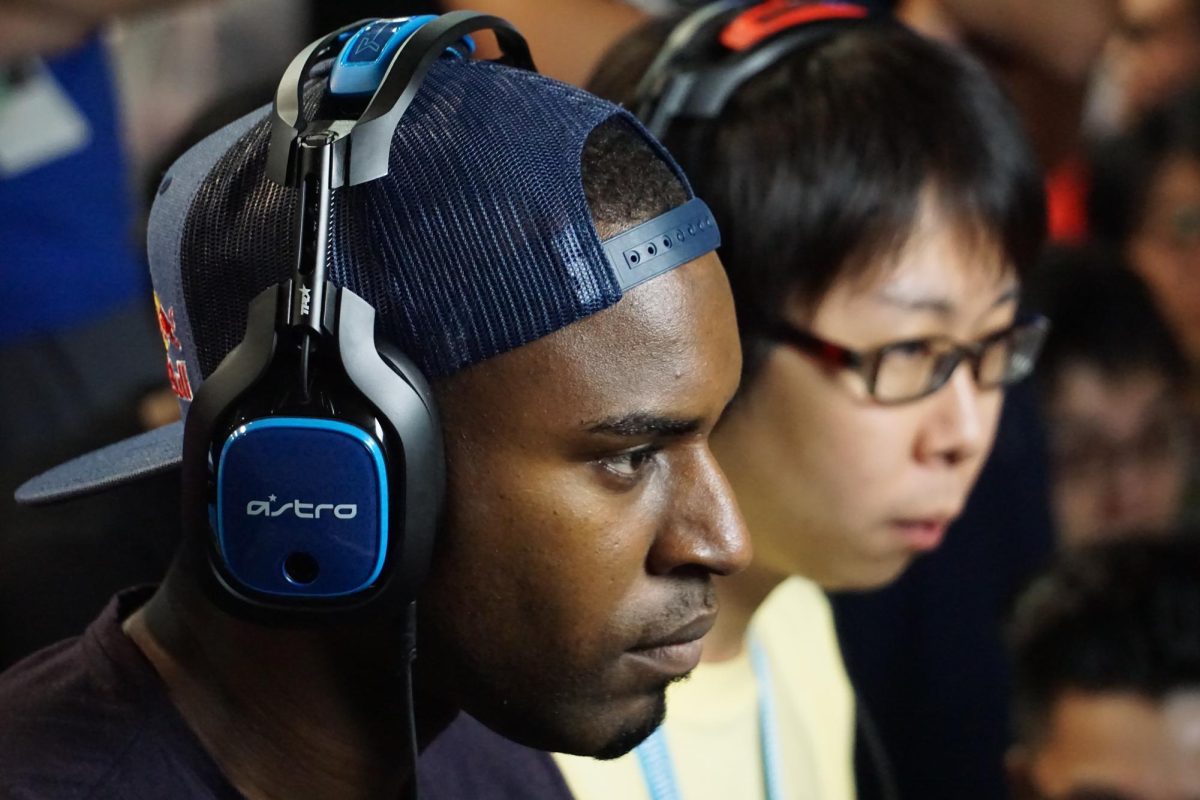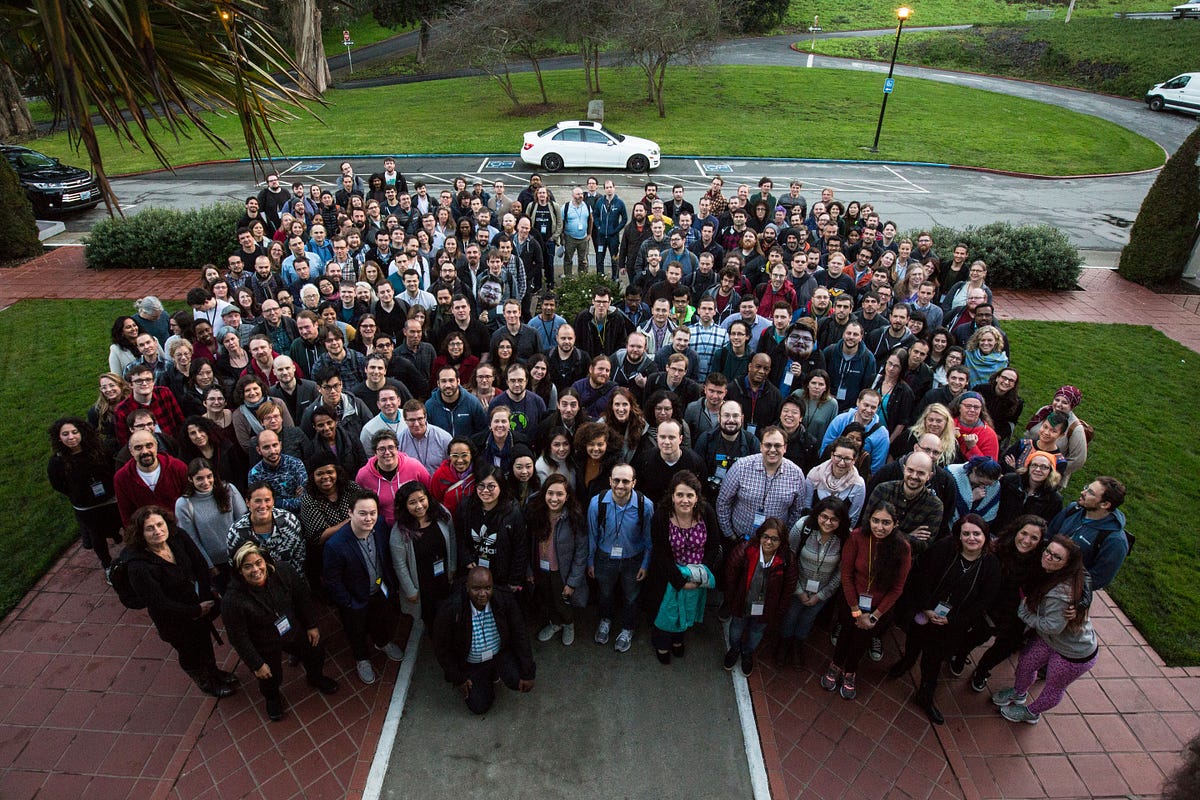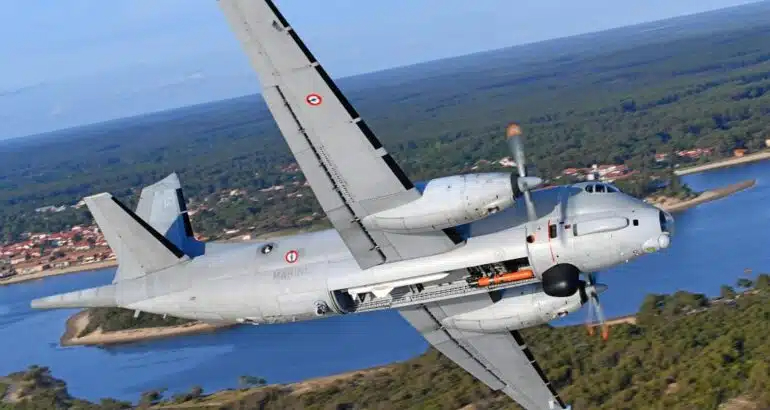Planting Poppies in the Water
With France working mostly by themselves, their defense capabilities at sea will become something to be reckoned with.
Direction Générale De l’Armament (DGA); used with permission by Naval News.
An ATL2 MPA, equipped with modernized equipment, flies over the province of Brittany in the west of France. Its payload consists of the AM39 “Exocet” anti-ship missile as well as an MU90 torpedo.
March 13, 2023
On Jan. 23 the French government announced that they are going to continue to study options for a future maritime patrol aircraft platform.
Presumably continuing work with neighboring Germany, the joint-program was first announced about six years ago, with the Direction Générale de l’Armement (Directorate General of Armaments), announcing on Jan. 12 that two contracts were awarded for development of the new aircraft. The companies involved, Airbus Defense & Space and Dassault Aviation, are to examine potential replacements for France’s current maritime patrol aircraft fleet, according to DefenseNews.
The studies, beginning in December and lasting 18-months, are each worth 10.9 million euros or over $11.8 million. Their primary focus is on the suitability of the Airbus A320 New-Engine Option and the Falcon 10X from Dassault, which are intended to replace the Atlantique ATL2 aircraft currently in service with the French Navy. By 2026, the DGA expects to launch a procurement program for the aircraft as well as have a future maritime patrol aircraft–dubbed “Patmar” by the DGA–by the 2030s.
As exciting as the announcement is, it places the status of the Maritime Airborne Warfare System effort into question, which was initially created by France and Germany in 2017 to develop a European-designed manned maritime-patrol aircraft and have it operational by 2035. While the program was originally created to find a replacement for the French ATL2 and German Boeing P-3C “Orion” maritime reconnaissance aircraft, the decision to retire the P-3C by the German Navy jeopardized the ambitions of the program.
The second dilemma came when the Germans decided to acquire a handful of P-8A “Poseidon” aircraft, a derivative of the 737-800 commercial airliner developed by Boeing. However, the ministry noted that the announcement of this new contract does not mark the end of the MAWS program, as the framework of both studies remain “consistent” with the basis of agreement signed by France and Germany in 2017, according to the French Ministry of Defense.
The Germans are not backing off from the deal either. “It is important for us that the program is designed on an equal footing with the [French] program partner,” a spokesperson for the German Ministry of Defense stated. He added that the current geopolitical developments in Europe have proven the “necessity” of the MAWS program. This is especially the case with Russia’s invasion of Ukraine, whereby a renewed emphasis on anti-submarine surveillance has been established. The first of the P-8 “Poseidon” aircraft procured by Germany is expected to arrive in 2024 according to a spokesperson from the Boeing Company, adding that the total of five aircraft should be delivered by the first quarter of 2025.
As the studies with Airbus and Dassault progress, 18 of the 22 ATL2 aircraft owned by France are being upgraded to the “Standard 6” configuration, which is expected to be completed in 2025 and keep the aircraft flying through 2032, according to the French Ministry of Defense. An assortment of the new capabilities include the Thales “Searchmaster” surveillance radar as well as general restoration of the aircraft’s performance, specifically in the underwater warfare sector against submarines and other assorted submersible vessels.
Officials in Berlin have continued claiming that the procurement of the P-8 “Poseidon” aircraft is merely an interim solution in anticipation of MAWS. However, with the announcement of an aircraft to replace the ATL2s, France is indicating an “intent to strike out on its own,” according to Dan Darling, a senior analyst with the U.S.-based Forecast International, a corporation intended to foresee the future of investments. “If Germany or another European partner should follow its lead and join in a pooled procurement down the line, so much the better from Paris’ perspective,” Darling stated in a Jan. 13 post to Forecast International. “In the meantime, however, its MPA replacement effort is not standing still.”





















